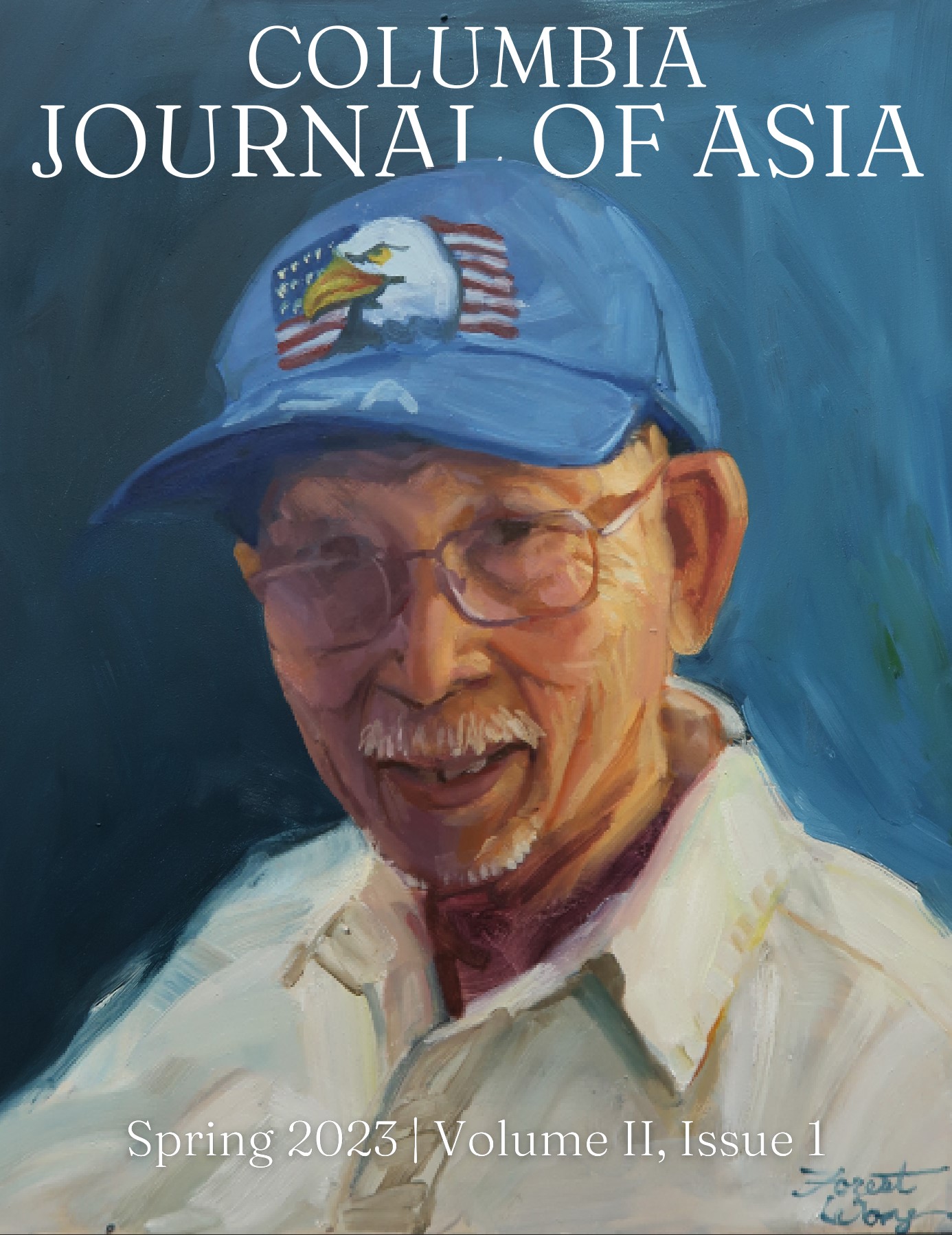Abstract
In recent years, more and more English-language literature is being published by Asian diaspora writers, mostly in the genres of fantasy and science-fiction. With the focal audience being young adults, such publications are seen by many as a form of escapism. While most of these works stem from the Sinophone diaspora communities, there remains much debate regarding how their stories and the authors themselves should be labeled. In the face of the pervasive nature of Western Orientalism, Chinese writers have struggled with the balance of inclusion and exclusion regarding both Chinese culture in their works and themselves within the Anglophone literature market. By examining the contemporary authors Andrea Stewart and Xiran Jay Zhao alongside their respective debut publications The Bone Shard Daughter (2020) and Iron Widow (2021), it becomes apparent that Sinophone authors and their works are often misinterpreted by Western audiences. This paper demonstrates how the vague and limiting labels of “Chinese Sci-Fi” and “Chinese Fantasy” are a direct result of Orientalism and do not consider the vast diversity the Sinophone diaspora communities contain. To understand this, it is crucial to lay the foundations of both the dynamic concept of the Sinophone diaspora and the record of science-fiction in Chinese history. While the field of Sinophone literary studies continues to expand, much work remains to better incorporate Sinophone diaspora writers into the Anglophone markets without being questioned, what does it mean to be Chinese?

